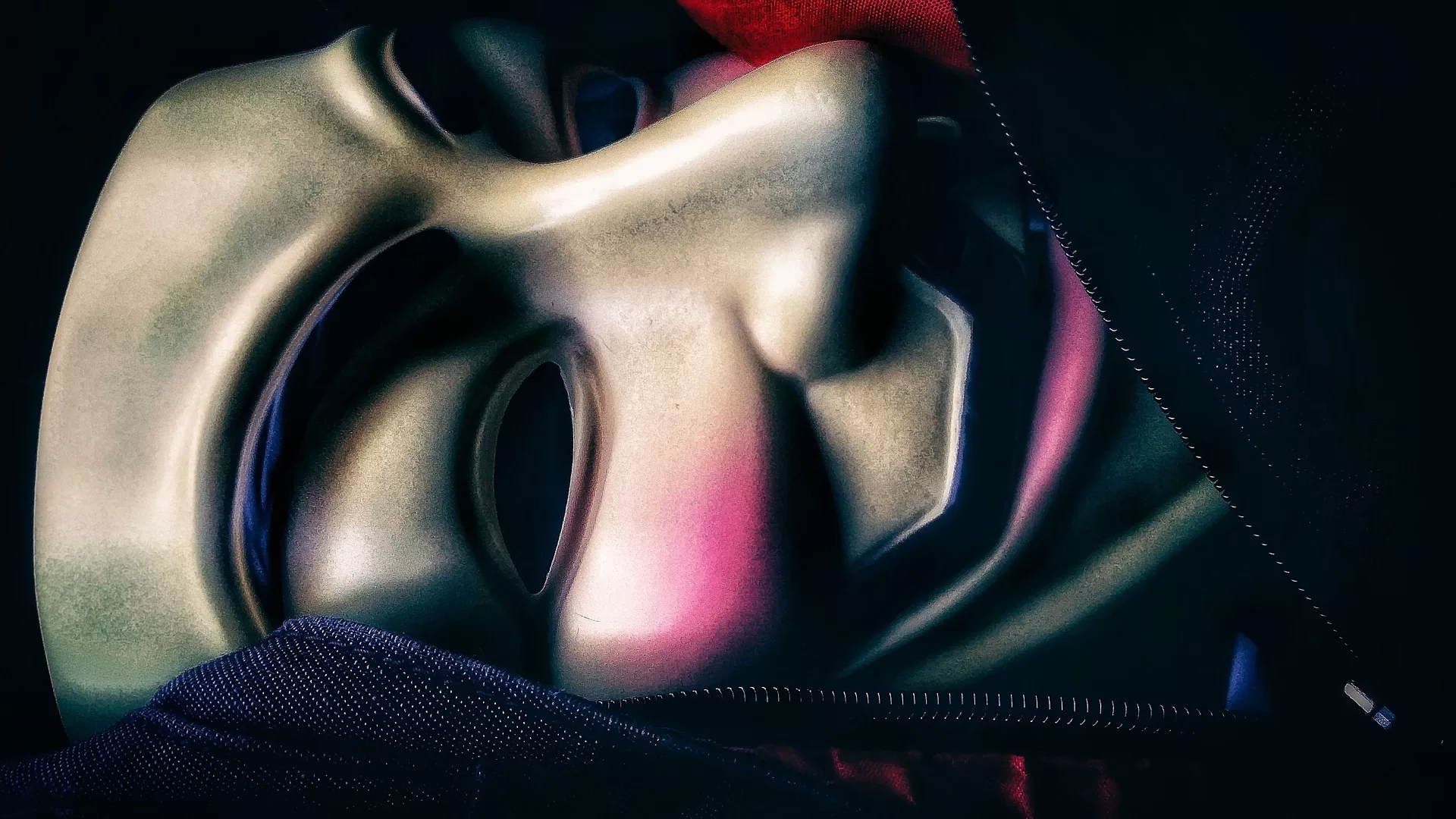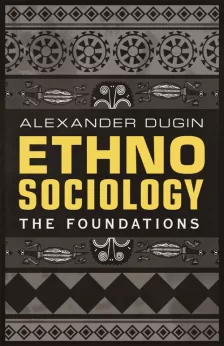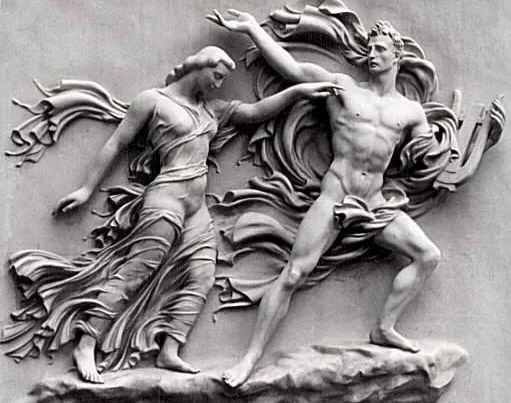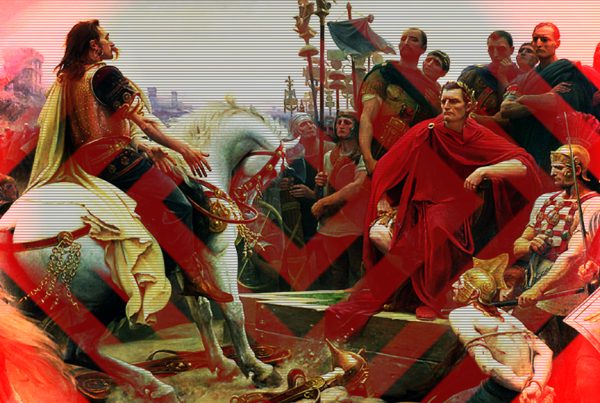“In my opinion, however, you are committing a fundamental error, that is, you believe that this can be solved politically, through the classic procedures of parliamentary democracy,” one reader wrote to me.
There must be a misunderstanding behind this. I am saying something completely different. What is decisive is whether one has the ability to impose one’s will. Those who have that ability can win elections. But he can also win through electoral fraud and no one can stop him. Or he can assert himself through litigation. Or go the reform route. Or he can push through a general strike. Or intimidate or quietly “deplatform” opponents. Or influence MPs. And if it came to it, he could win a bloody civil war.
So the fundamental question in any political dispute is: which side is able to impose its will on the other? Everything else is technicalities.
How far does government’s power extend?
So why are there disputes in the first place? First, because it is often not clear in advance who has the power. Each side tends to overestimate its position. And it is often the case that the balance of power is really even, and that in a clash it depends on chance, momentary shape, etc.
Besides, power is never distributed so that one side has everything and the other has nothing. It’s always somewhere in between. Take the current situation in the Western world. The new aristocracy (liberal oligarchy) has the power to push through measures that will reduce the real income of the working classes. It has that power regardless of what is written in the constitution and regardless of what the people think. Yet it cannot afford to do anything. For example, it cannot – as Meni, the unifier of Egypt, supposedly did millennia ago – have all the men in the districts where Donald Trump won the election castrated. Perhaps it would be possible, with the help of special military or police units, to round up and emasculate some citizens, but if the government were to go ahead with this, it would lead to such a disruption that it would completely lose the ability to enforce its will.
The limits of the new aristocracy’s power are somewhere in between. They can probably do more than “just” reduce real incomes, and they certainly can’t have the residents of inconvenient districts castrated. But how big is that power? That has to be tested in specific controversies.
Or take the media. We already know for certain that the ruling group has the power to block some opposition voices on social media. But does it also have the power to shut down Fox News? We don’t know. Not yet. In the Czech Republic, we only found out recently when the government had some opposition media outlets shut down without any justification. The court then ruled that we have a constitutional right to free speech, but we don’t have a constitutional right to disseminate our views. So the power of the government extends to the closure of some media outlets. We already know that.
And that’s not – for the sake of simplicity – getting into the other end of the power divide. That is, into what the current ruling groups in small states might be able to afford or push through to more American “allies” and various corporate headquarters. We can see from the example of Hungary that this is no small matter. But even there there are limits.
Unnecessary Class Battles
It also follows from all that has been said so far that what matters are those events that strengthen or weaken either side. What does not change the power relations is irrelevant. It may give the impression for a moment that something big is happening, but the real power will assert itself anyway.
Anyone who wants to engage in any kind of political activity – from demonstrations to participating in elections, starting parties, uniting groups, organizing conferences, sending emails, making videos, etc. – every such person should ask fundamental questions:
Has it increased the power of my side? Have we gained the ability to get more people to vote in line with our intentions? Can we now reach the larger masses? Has a major figure begun to support us? Have we gotten our people into any prominent positions? Have we gained any new skills or knowledge? Have we redirected the flow of money or other resources from them to us?
A version of this question might be whether we have succeeded in damaging the power position of the other side. If the answer is no, then the activity is therapeutic (people experience relief) but not political. It is merely masquerading as political. Demonstrations are the opium of the weak, Karl Marx would say.
Curtis Yarvin understands Donald Trump in this context. His activities are very media visible, but Donald Trump has done nothing to change the balance of power in America. He has not tried to cripple the power of the opposing party, and he has not tried to build his own power. Some might argue that the overall circumstances did not allow Trump to do otherwise. Then, of course, the question is why support someone who does not have the ability to change the circumstances anyway.
The Four Power Blocs
Speaking of power, it remains to define who the sides in the power dispute actually are. In every Western country, political parties have different names. However, almost everywhere, all the major parties are de facto part of the same power group. There is therefore no conflict between political parties. All political parties are part of one side of the power conflict.
I propose a model that has four basic power blocs.
The new aristocracy (liberal oligarchy) consists of 3–5% of the population (according to Charles Murray). These are the people at the top levels of politics, key personnel in the major media, bank and corporate executives, and others like them. Their natural language is English. Their morality is political correctness. They live apart from most of society but have many contacts with members of the same class in other countries. If they live in smaller countries, their primary interest is in limiting the independence of their own country, plundering it, and exchanging the spoils for a good position among the truly global elite.
This does not necessarily mean that these people have the same views on everything. For example, during Covid, there were huge disputes within this layer. Today, America’s new aristocracy is divided over the war.
But if a dispute lasts for a long time, the new aristocracy will unite on a common position and stop tolerating dissent – as we see on climate change and on migration issues.
Then there are those interested in belonging to the new aristocracy – often their subjects or those who provide them with services. To these we can add the various groups that live in symbiosis with the new aristocracy. They come to play its game and acquire a status significantly better than that of most of their fellow citizens. In the short term, this may work. This group is quite diverse, and some of its sub-groups clearly have their own interests (they oppose job cuts in the management of local corporate branches, for example), but they are only able to pursue them to a limited extent. They have no ideology of their own, and many of them feel they don’t have to defend the interests of their group (because they personally will soon climb somewhere very high).
A very rough estimate is that no more than about 15 percent of society will be like them, but many of their traits and attitudes permeate other classes. It is not an exaggeration to say that they are being adopted by a large proportion of the younger generation.
On the other side of society, an opposition has formed, sometimes referred to as the “alternative.” In fact, it is a mixture of totally diverse groups with different goals and different ideas about life. All they really agree on is that they reject most of what the aforementioned groups advocate. Sometimes even including a rejection of the entire mathematical, logical and scientific apparatus used by the upper classes. This deepens the power dominance of the new aristocracy (in addition to its gigantic financial dominance).
And then we have the majority society, which is linked to the alternative by economic interests, but for various reasons does not feel close to it. In fact, it is a diverse mix of professional and cultural groups, the bearers of various ideas and interests. This prevents them from using their numerical superiority as a source of power. There are situations, however, when their lives are attacked so immediately and obviously that it temporarily unites them. This happened most recently during the migration crisis, when the new aristocracy in some countries was effectively isolated, even in the sense that it temporarily lost its ability to influence the lower classes.
For Whom Time Is Working in Favor
This raises the question of how power is distributed between these four social strata. We cannot define it in an exact way so that the new aristocracy has, say, 4.7 percent and the alternative only 1.1. percent However, we can note that:
- the new aristocracy will push through almost anything it wants. In fact, it is only its own incompetence and cowardice that is holding it back;
- the servant class is taken into account;
- the majority is given very little consideration.
The influence of the alternative is nil – except in unique circumstances where they can be used humorously or to undermine the majority.
That’s what power sharing looks like.
What has been said so far could perhaps trigger fatalism. If some have power and others have no power, there is nothing to be done about it. It is a matter of uncontrollable objective circumstances. Wrong! The distribution of power is the result of past decisions and work done in the past. This is clearly seen in international relations. If one side spends years building weapons factories and training people to work in weapons factories, while the other side focuses on the number of genders and unfairly favoring Whites, then one enters the conflict as the stronger party and the other as the weaker one.
Something similar is true in intra-state political conflicts. We can distinguish at least three types of power.
Power of Coercion
First. Political or, if you like, coercive power. That is, the ability to make another person do something he does not want to do. That’s what bureaucrats, police officers and judges are for, but there are also a lot of informal mechanisms that are not clearly defined. The kind of mechanism that makes you marry your pregnant lover even if you don’t want to. Or that forces you to go to family parties. Or join a certain movement or fly the Ukrainian flag or the Tibetan flag or the rainbow flag. Or take the flag down. Or staying at home even if you feel like attending a demonstration.
The ruling political party usually holds most of that power. But there are other cases. For example, the Babiš government in the Czech lands or the Trump government in America have never been able to take this power. However, even where the government holds and uses power, it does not hold all of it. There are always various laws, constitutional constraints and also various customs that prevent the use of all possibilities. And very often it is the case that there is some force that forces the government to respect these restrictions.
Then there are various pressure groups – from corporations to non-profits to admitted criminal mafias. These are the people who can call a judge. Or they can explain to the CEO of a company that if he doesn’t fire a certain employee, his name will be dragged through the press and he himself will get in trouble. After all, we know plenty of examples where the government holds only a small part of the power and the larger part is effectively divided up between different pressure groups. Such a state is usually referred to as a “failed state.”
However, those at the bottom may also hold a piece of power. In fact, it can be found everywhere where human cohesion is at work and where the possible rejection from a group would cause problems. For example, the regulations say that some cases are to be reported, but no one actually does it because they won’t not stand up to their colleagues. Elsewhere, bullying of top performers is common because their performance is seen as a betrayal of the collective.
The key here is to understand that no one ever holds all the power. Someone has more and someone has less, but it is always distributed somehow. And for all individual players and groups, coercive power can be built. By increasing cohesion. By learning to use other repressive tools (from “don’t talk to him” to murder). By harming those who might hinder our use of power. It is also accurate to say that any power can be detrimental when wielded irresponsibly. Most often by motivating the other side to resist and then later finding out that your power is not as great as it looked.
Media, Money and Rabbit Houses
Second. Influence or manipulation. This involves forcing my worldview on the other person and making him think and feel what I want him to think and feel. Then he’ll do what I want, and he’ll love doing it. Maybe he’ll even fight for his right to do what I want.
The basic tool of manipulation is, of course, big media. However, it would not work fully if it were not accompanied by other tools such as agitation at work, talks in schools, comments in the neighborhood, etc. The last one is absolutely essential – personal contacts. The influence of the media can be completely eliminated if one lives among people who react to every piece of information from the media with ridicule. This is what we experienced in communist countries before 1989.
The big media are opposed by alternative media with a different strategy. For various reasons, they cannot reach the same number of readers or viewers, but they can gain a very strong influence on a small target group. An influence much stronger than any big media could have. It can even take the form of an addiction to aroused emotions and the portrayal of extremely negative scenarios. However, they pay for this high level of loyalty by never being able to reach the majority population.
The credibility of the people then plays an absolutely crucial role. If someone was telling colleagues and relatives last year that we would surely all freeze to death this winter without Russian power, before warning them about killer 5G networks, and before telling them that lockdowns would be forever, then they simply wouldn’t have been taken seriously. One side weakened, the other strengthened. That’s one of the real reasons the mainstream wins so easily. Because many supporters of the alternative had a reputation years ago for needless exaggeration. Then the migration wave came and their neighbours or friends came to them with an appreciative “you were right after all,” which gave them the opportunity to influence their surroundings and dampen the influence of big media. But these people got involved in more and more catastrophic stories and lost their credibility. At least in the post-communist countries this was the case.
Third: economic power. This is primarily banks, investment companies, businesses, of course, influence on the state budget and so on. But even here neither side in the conflict has the full 100 percent. Because economic power – that’s a small business too. It is a well-equipped home workshop. It’s the ability to make repairs that would cost a lot of money. It’s a full rabbit house. It’s contacting someone who can help you and not charge you money for it.
And again, it’s how economic power is distributed among the various players. No bunch of opposition-minded people can make a case that they will nationalize a big bank, but they can create something that will make a difference in the wallets and stomachs of a few.
Enjoy Your Life
Do you want to see a change in circumstances? Build power to counterbalance the ruling power. As Scott Ritter once said, “14 tanks won’t decide the war, but Ukraine will be stronger with those 14 tanks than without them.”
So it is with all political, financial and other power. By the way, management textbooks list nine or more types of power, but that’s beside the point. It’s still the same thing – who has and controls the important things, or how much of it.
One final note: we know of very few cases in history where a group decided to become important and powerful, worked systematically for decades to do so, and then formally seized power. Most of the time, this is quite naturally a result of the inclinations of that class, its habits, lifestyle and economic interests. It’s just living your life, aggrandizing your business, doing it very cleverly, and suddenly you find that you hold political power as well.
You don’t like the actions of the current ruling class? Then devote your energies to building a world that is a counterbalance to theirs. And do it in a way that you enjoy.










Interesting, although I’m not sure I agree. I can think of quite a few cases. Even when some seem to stumble into power, I believe that there are usually plans manifesting behind the scenes that many may not be aware of and that the new holders of power prefer to keep concealed.
Excellent analysis of the political imbalance of moder liberal democracy the barrier difficult to remove